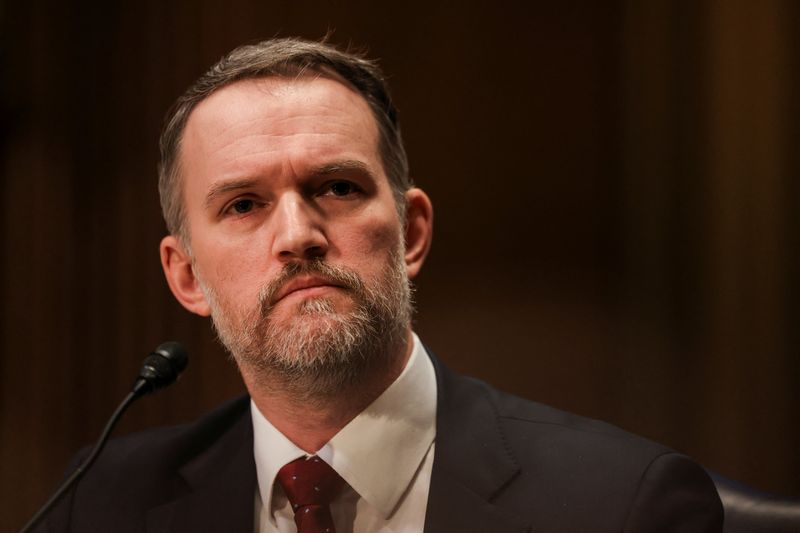Lenders assess various factors when providing a loan to a borrower. These factors may include the borrower’s credit ratings, history, security offered, etc. Based on this evaluation, lenders decide on whether to provide the loan or not. It also helps lenders measure the return they want to get from the loan. Apart from the nominal interest rate, lenders may also charge a default risk premium.
What is the Default Risk Premium?
Default risk premium represents the difference between the risk-free rate and a debt instrument’s interest rate. In essence, it is the additional interest lenders charge on their debt instruments to compensate for the related risks. Through this premium, lenders can receive higher interest on debts that are riskier than others. The default risk premium may differ depending on several factors.
The default risk premium on a debt instrument is directly proportional to the default risk on it. For every borrower, this risk will differ. Therefore, lenders will decide how much default premium they will charge for each loan. For the lender, the default risk premium acts as a reward for the risk undertaken on any debt transaction.
How does the Default Risk Premium work?
As mentioned above, the default risk premium is the additional interest borrowers pay above the risk-free rate. Every corporation or borrower has to pay a default risk premium on debt transactions. It is because there is always an inherent risk for borrowers to default. In theory, it implies that any entity that does not have a default risk will pay the risk-free rate on debt instruments.
As mentioned above, the default risk premium on debts depends on the default risk for it. The higher this risk is, the more the default risk premium lenders will charge. However, the default risk isn’t the only factor that dictates the rates that lenders will charge. Borrowers will also make a decision on whether to avail of a loan or not based on the default risk premium.
What is the Default Risk Premium on the Corporate Bond?
The default risk premium on the corporate bond represents its interest rate above the risk-free rate. For every corporate bond, the default risk premium will differ. Usually, it depends on the bond’s credit rating, which it gets from credit rating agencies. Usually, the higher the rating is, the lower the default premium will be. It is because higher rating bonds are less susceptible to default. Therefore, investors take a minimal risk with these.
For investors investing in corporate bonds, the default premium is the yield they get above government bond yields. For a better comparison, investors must calculate the default risk premium on a corporate bond by comparing it to identical government bonds. Therefore, the face value, coupon, and maturity of both bonds must be similar.
How to calculate the Default Risk Premium on the Corporate Bond?
As mentioned above, the default risk premium on the corporate bond is the difference between its coupon rate and the risk-free rate. Therefore, the default risk premium formula will be as below.
Default Risk Premium = Coupon rate of corporate bond – Risk-free rate of interest
For example, a company issues a bond to the public with a coupon rate of 5%. The risk-free rate of interest in the market is 3%. Therefore, the default risk premium on the corporate bond will be 2% (5% – 3%).
Conclusion
For every debt transaction, lenders have to undertake several risks, including default risk. The default risk premium is the compensation that lenders receive for the default risk they take on debts. It represents the difference between the risk-free rate and the interest rate on the debt instrument in consideration. The higher the default risk is, the higher the default risk premium will be.
Further questions
What's your question? Ask it in the discussion forum
Have an answer to the questions below? Post it here or in the forum


